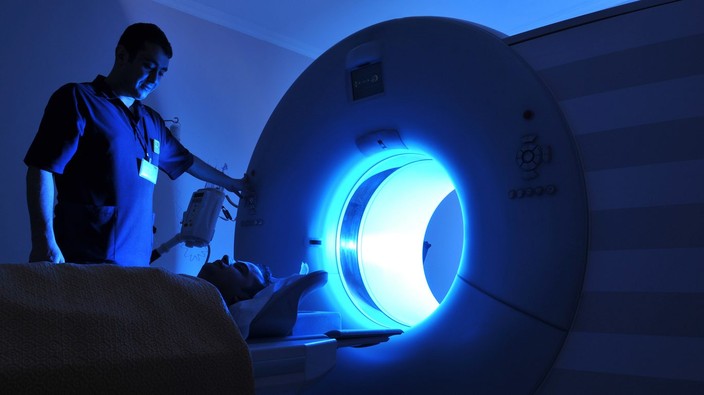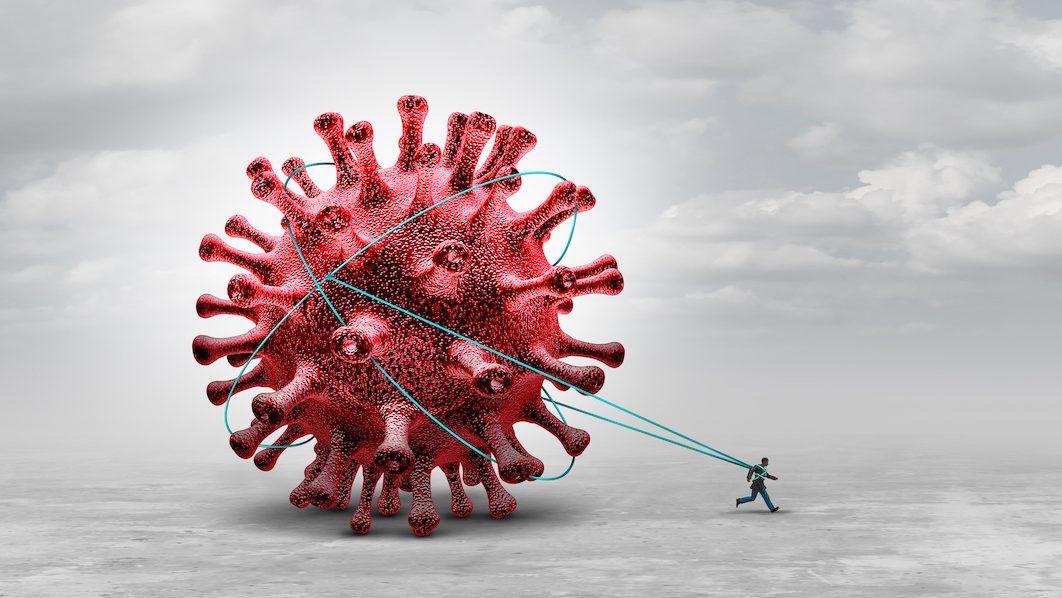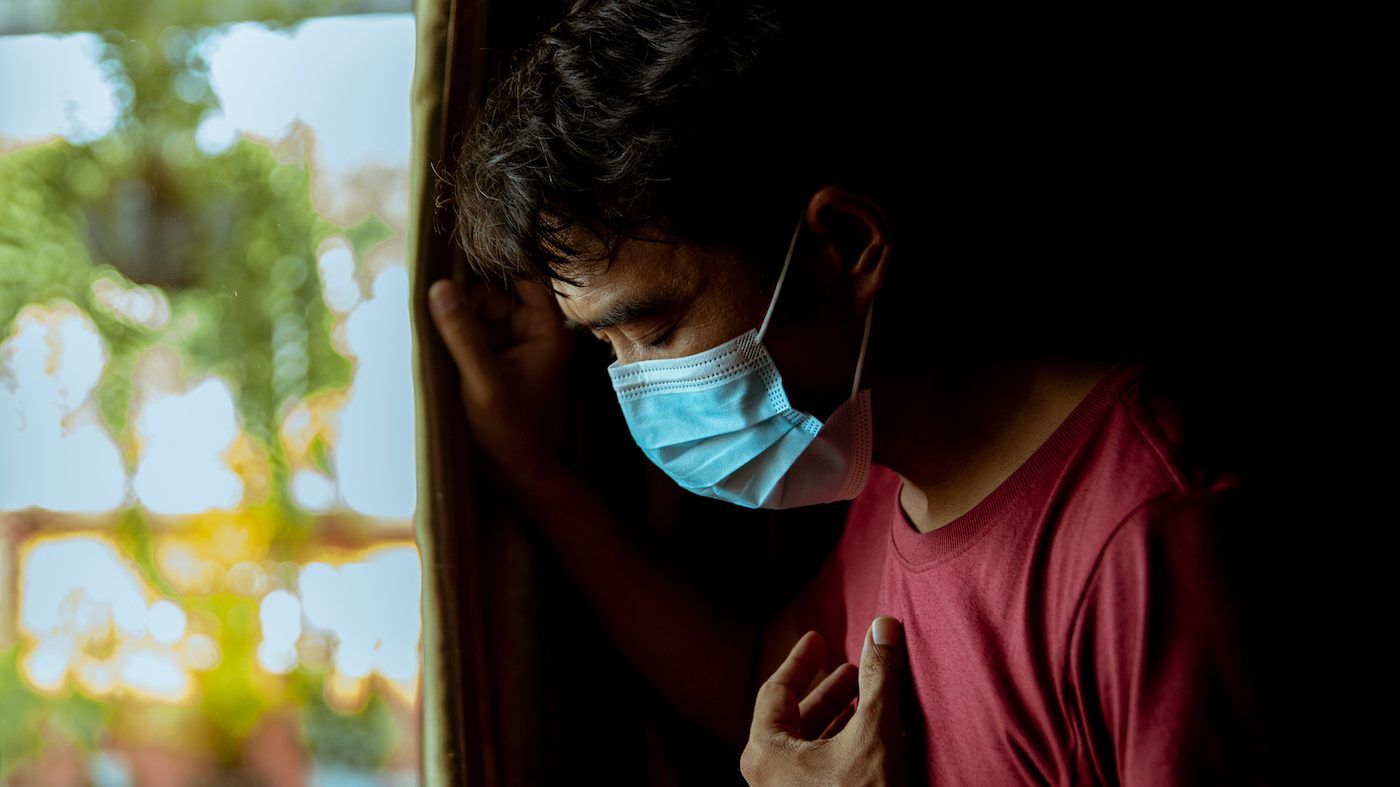long covid patients could develop life-long autoimmune diseases like lupus: mcmaster study
researchers say that abnormal antibodies flags the need for long-covid patients to get tested for autoimmune diseases, including multiple sclerosis and type 1 diabetes.
hallucinations, hair loss, erectile dysfunction may be symptoms of long covid
a new large-scale study from the u.k. identifies several troubling new symptoms of long covid.
long covid finding 'disappointing': vaccines do little to prevent ongoing symptoms
researchers found almost no difference between vaccinated and unvaccinated people in terms of long-term kidney failure, neurological problems, fatigue, and gastrointestinal issues.
 3 minute read
3 minute read









